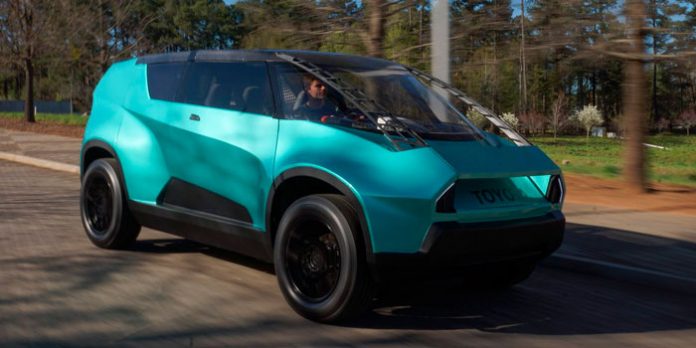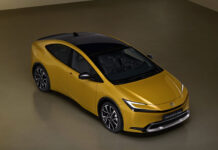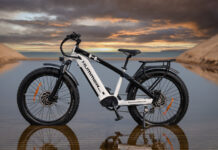Toyota’s revolutionary solid-state battery technology can solve one of the biggest challenges in electric vehicles with conventional lithium-ion batteries (short driving distances and long charging times). According to Nikkei Asia, the auto giant can present a prototype of an electric vehicle as early as next year. It will have an autonomous radius of 500 km with a solid-state battery charging time from 0 to 100% in just 10 minutes.
Thus, the world’s largest car manufacturer is going to not only actively switch to the production of electric vehicles, but also oust the current leader of this segment, Tesla, with the help of an innovative solution. The Japanese will offer cars with almost twice the autonomous driving range, with the volume of traditional batteries and greater safety. Most importantly, they will be characterized by fast recharging, comparable in time with refueling a car with an internal combustion engine.
Toyota began to work on solid-state batteries just three years ago, in 2017, and announced its intention to release an electric car, which will take from 5 to 10 minutes to recharge. The work on the creation of solid-state batteries was carried out in partnership with another global industrial leader – Panasonic. The two Japanese corporations have formed a joint venture that will produce the new type of battery.
Based on the information received from insiders, Nikkei reports that in 2021 Toyota will present a prototype of a future car on solid-state batteries, capable of recharging from 0 to 100% in 10 minutes, and traveling 500 km without recharging. According to the sources, the retail sales of such vehicles will begin in the first half of the 2020s.
Solid-state batteries are currently being researched by Volkswagen, which plans to launch production in 2025. Starting in 2021, Chinese technology group QingTao (Kunshan) Energy Development will spend over $153 million on solid-state battery research and development.
The Toyota project is backed by the Japanese government, which has created a $19.2 billion fund to finance the development of advanced battery systems and to replace Chinese companies as the world’s leading lithium-ion battery companies.







